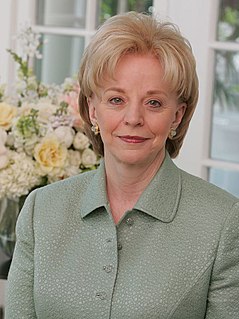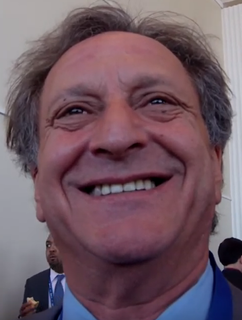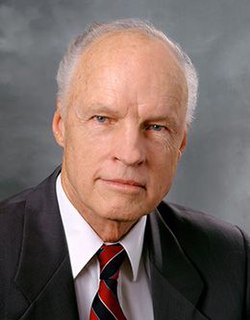A Quote by Lynne Cheney
Well, my father's people were Mormon, and had immigrated not long after Brigham Young had settled Utah.
Related Quotes
A story contained in the family lore of Brigham Young's descendants illustrates the submissive nature of humility. It recounts that in a public meeting the Prophet Joseph, possibly as a test, sternly rebuked Brigham Young for something he had done or something he was supposed to have done but hadn't - the detail is unclear. When Joseph finished the rebuke, everyone in the room waited for Brigham Young's response. This powerful man, later known as the Lion of the Lord, in a voice everyone could tell was sincere, said simply and humbly, "Joseph, what do you want me to do?"
How badly I wanted to belong as I had when I was a young Mormon girl, to be simply a working part in the great Mormon plan of salvation, a smiling exemplar of our sparkling difference. But instead I found myself a headstrong Mormon woman staking out her spiritual survival at a difficult point in Mormon history.
This was Barrington Erle, a politician of long standing, who was still looked upon by many as a young man, because he had always been known as a young man, and because he had never done anything to compromise his position in that respect. He had not married, or settled himself down in a house of his own, or become subject to the gout, or given up being careful about the fitting of his clothes.
Odd, she thought, how intensely you knew a person, or thought you did, when you were in love - soaked, drenched in love - only to discover later that perhaps you didn't know that person quite as well as you had imagined. Or weren't quite as well known as you had hoped to be. In the beginning, a lover drank in every word and gesture and then tried to hold on to that intensity for as long as possible. But inevitable, if two people were together long enough, that intensity had to wane.


































